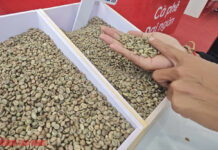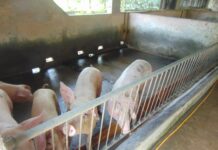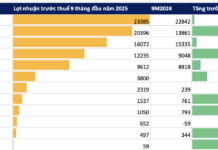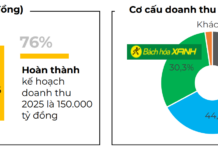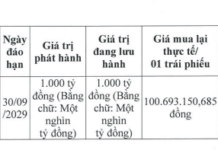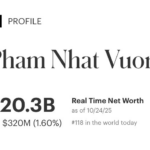According to Electrek, China Huadian, a state-owned power producer, has inaugurated the second phase of the Caipeng solar-energy storage power plant in Shannan, Tibet.
World’s Highest Solar Installation
Situated at an altitude of 17,152 feet above sea level, the plant becomes the world’s highest solar installation. This second phase surpasses the first phase, which was constructed at an altitude of 16,732 feet.
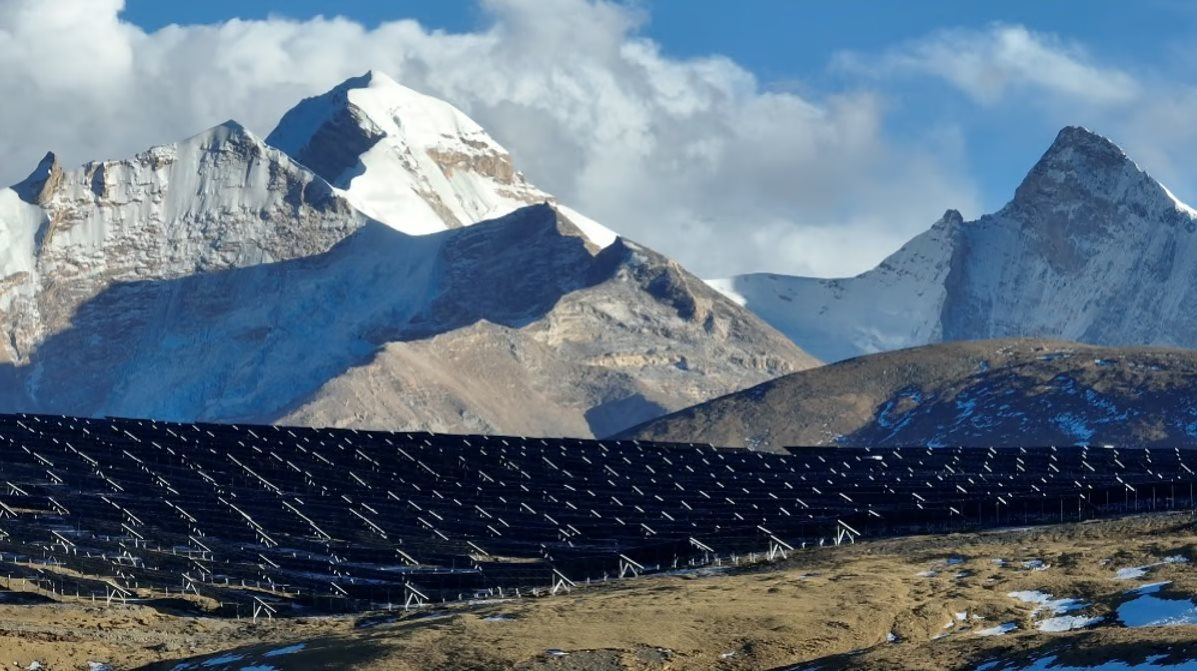
The corporation states that China Huadian has invested a total of $127.8 million in the project. The plant is expected to produce 247 million kWh of electricity annually, but no further details were provided. Previously, the world’s highest solar energy storage project was another facility in Tibet, completed in 2020 at an altitude of 15,420 feet.
The second phase of the Caipeng solar-energy storage power plant, spanning 0.54 square miles, adds an additional 100 MW capacity, building upon the initial 50 MW phase commissioned in December 2023. Combined, these two phases aim to address seasonal power shortages in central Tibet during winter and spring.
Construction of the second phase commenced in August 2024. By utilizing pre-assembled supports and on-site assembly lines, PowerChina, the project contractor, completed the project in just 115 days—42 days ahead of schedule. These methods enhanced construction efficiency by 40% despite the challenging highland environment.
The plant also features 170,000 solar panels and a 20 MW/80 MW energy storage system. This mechanism is designed to provide 80,000 kWh of electricity for up to 4 hours after dark, helping to alleviate power shortages in central Tibet.
PowerChina claims that the project employs two-sided photovoltaic (PV) modules, which are up to 7.5% more efficient than conventional panels. These advanced modules capture sunlight reflected from the ground, significantly boosting energy production. Consequently, they increase overall efficiency by 20% compared to traditional single-sided solar panels, allowing for greater energy generation and maximizing the potential of available sunlight.
The PV modules not only improve performance under normal conditions but also take advantage of snow and other reflective surfaces, particularly in high-altitude environments like Tibet, where sunlight can be more intense.
$2.8 Billion Invested in Vietnam
Huadian Group, a central state-owned enterprise under the supervision of the State-owned Assets Supervision and Administration Commission of the State Council, operates in four main sectors: power generation, coal supply, science and technology, and finance.
According to its website, the Group employs 97,000 people, boasts total assets of 1.1 trillion Chinese yuan (approximately $150 billion), and has an installed power generation capacity of 219 GW, of which clean energy accounts for 52.4%. The Group has been listed in the Fortune Global 500 for 13 consecutive years and has been selected as one of China’s 500 Most Valuable Brands for five consecutive years.
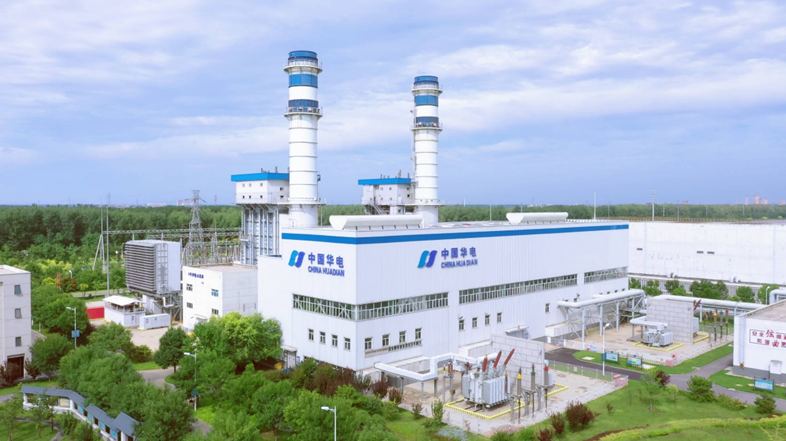
A Huadian Group power plant (Photo: UDF-Space)
During a meeting with the Prime Minister, Mr. Jiang Yi, Chairman of the Board of Huadian Group, stated that the Group values the Vietnamese market and has invested over $2.8 billion, with a total installed capacity of 1.5 GW.
Among their projects, the Duyen Hai 2 Power Plant (Tra Vinh, Vietnam) (2×660 MW) is the largest power generation project in terms of installed capacity and investment scale abroad; while the Dak Lak Wind Power Project (4×50 MW) is the Group’s first onshore renewable energy project invested in a foreign country.
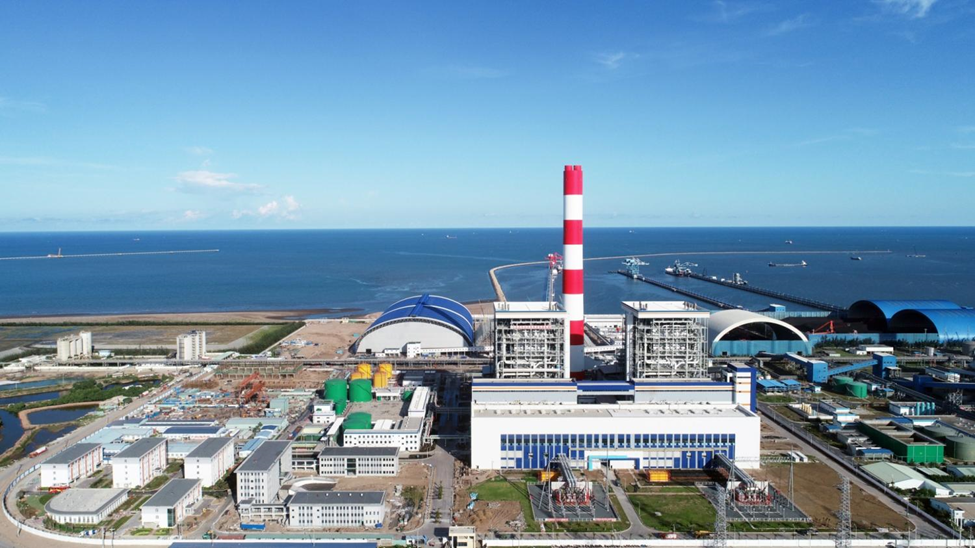
Duyen Hai 2 Thermal Power Plant (Photo: PECC2)
Mr. Jiang Yi expressed Huadian Group’s desire to strengthen cooperation and investment in Vietnam in areas such as wind power, green hydrogen, energy storage, power system upgrades, power plant technology improvements, and energy efficiency enhancement. He also proposed establishing a science and technology research and development center to jointly promote energy cooperation.
In the coal supply sector, in 2018, Huadian owned and held shares in 31 coal mines, with a production capacity of approximately 51 million tons.
In the financial business segment, the Group has six financial organizations operating in this field. In the technology and engineering sector, the Group manages three wholly-owned subsidiary companies.


